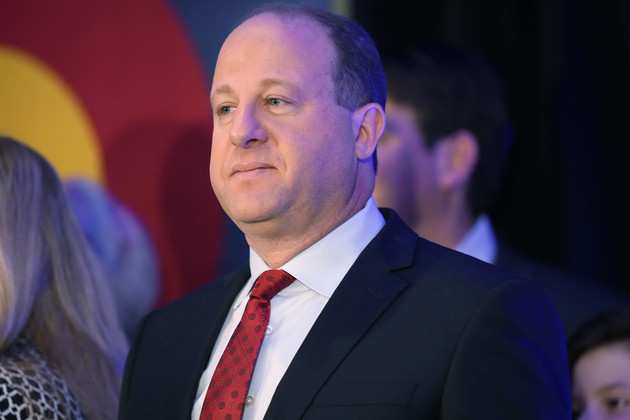Colorado is a safe haven for abortion and transgender healthcare

On Friday, a set of three healthcare bills were passed into law in Colorado, aimed at securing access to abortion, gender-affirming procedures, and medications. This move is being made by the state’s Democratic leadership in an effort to establish itself as a place of refuge for neighboring states where Republican leaders are limiting access to such healthcare services.

Democratic Gov. Jared Polis has signed legislation with the main objective of ensuring that individuals from neighboring states and other areas can visit Colorado for abortion, puberty blockers, or gender-affirming surgery without facing prosecution. This move comes as states such as Wyoming and Oklahoma have enacted abortion bans, while Utah has significantly restricted transgender care for minors.
Several states that have outlawed abortion or transgender care are also penalizing individuals who travel to other states for lawful medical treatment.
These contradictory laws have set the stage for potential interstate conflicts similar to those seen with the patchwork of same-sex marriage laws prior to 2015, or the legal dispute in the 19th century over whether enslaved individuals who had escaped to free states remained the property of their former owners.
A joyous atmosphere reminiscent of a rally filled the governor’s office as lawmakers, health care providers, and advocates – many of whom were women – crowded the space for a ceremony. Loud applause and call-and-response chants added to the celebratory ambiance.
“We see you and in Colorado, we’ve got your back,” Democratic state Sen. Julie Gonzales said during the ceremony.
Recently, Colorado has enacted new laws that provide reproductive rights to its residents, which is a progressive move that aligns the state with Illinois. Both states now offer abortion services to people living in conservative states located on three sides of their borders. This is especially significant for 11 Southern states that have largely banned abortion, as Illinois abortion clinics now cater to those seeking abortion in an 1,800-mile (2,900-kilometer) stretch.
Previously, Florida served as a temporary haven for individuals seeking abortions in these states. However, Florida has now outlawed abortions after 6 weeks, as Republican Governor Ron DeSantis signed a bill to that effect on Friday during a closed-door ceremony. Although the new law hasn’t come into effect immediately, this development is a setback for individuals seeking abortion services in Florida.
Following the U.S. Supreme Court’s decision to overturn Roe v. Wade, which has shifted the responsibility of abortion laws to state legislatures, California and New York are both considering comparable bills. Meanwhile, New Mexico, which is governed by Democrats and shares a border with Colorado to the south, has already passed a related bill earlier this year. The bill offers legal protection to individuals seeking abortions or gender-affirming care, as well as those providing such treatments, from being subjected to investigations across state lines.
During legislative hearings, Ashley Blinkhorn, a graduate student and activist, spoke in favor of bills that she believes will benefit people nationwide. She mentioned her friends in their 30s who recently got married and her queer friends who live in Texas and Florida as examples of those who could benefit from these bills.
“It’s a real comfort to know that Colorado both will provide health care to them if they visit or if they move here,” she said.
According to state lawmakers, visits to abortion clinics in Colorado have increased by approximately 33% since the Supreme Court ruling, leading to longer wait times for appointments which have gone from one or two days to up to three weeks. Lawmakers anticipate that wait times for gender-affirming care may also increase.
House Minority Leader Mike Lynch expressed concerns that the new legislation may turn Colorado into a destination for abortion, drawing in vulnerable, indigent, and frightened minors from all over the country. He also stated that the set of laws do not safeguard the right to choose.
Source of Story ; By JESSE BEDAYN and COLLEEN SLEVIN Associated Press/Report for America







